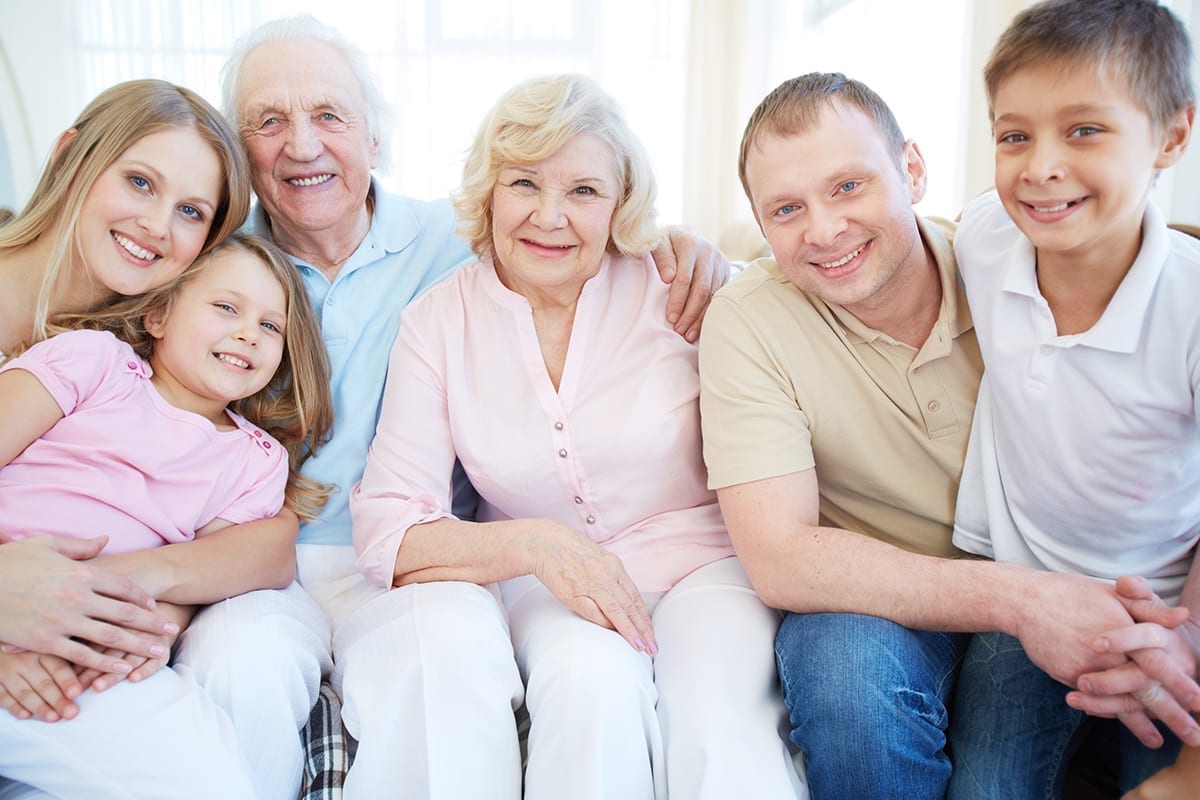- Remember that effective caregiving takes:
- Knowledge of Alzheimer’s disease, people, human behavior.
- Skill in interpersonal relations and with caregiving techniques.
- Flexibility in routine and approaches. What works today may fail tomorrow. What works with one person may not with someone else.
- An attitude of hopeful but realistic expectation.
- Focus on the positive, healthy qualities of the care recipient.
- Identify, emphasize, and build on remaining abilities.
- Praise small successes.
- Encourage independence instead of taking over.
- Respect the care recipient’s dignity, privacy, and individuality.
- Look for the meaning and purpose behind behavior.
- Set as a daily goal, to obtain the cooperation of the care recipient.
- Build trust and a sense of competence in the care recipient.
- Search for, and build on, the care recipient‘s remaining abilities:
-
[contact-form-7 id=”8507″ title=”Read More”]
- Emotional capacity – The ability to experience fear, joy, excitement, pride, anxiety, sorrow, shame, and sympathy. The expression of these emotions may differ from the caregiver’s expectations.
- Awareness of the environment – Even if not fully comprehended.
- Social capacities – Ability to respond and show concern for others.
- Ability to communicate – If not through words, by facial expression, gestures, and body language.
- Ability to make logical connections – What may seem irrational to the caregiver may be logically connected to the person’s perceptions.
- Caregivers have many roles:
- Observer – Pay attention to the care recipient and the environment.
- Learner – Ask questions, learn about the person’s interests and background, read, ask others for suggestions and feedback, listen.
- Care Partner – Partner with the care recipient and other people involved in the person’s care, including other family members, professional care providers, and healthcare professionals.
- Keep lines of communication open.
- Share meaningful information.
- Provide support to other caregivers as needed.
- Share ideas and approaches. Try to meet regularly and brainstorm with other caregivers.




